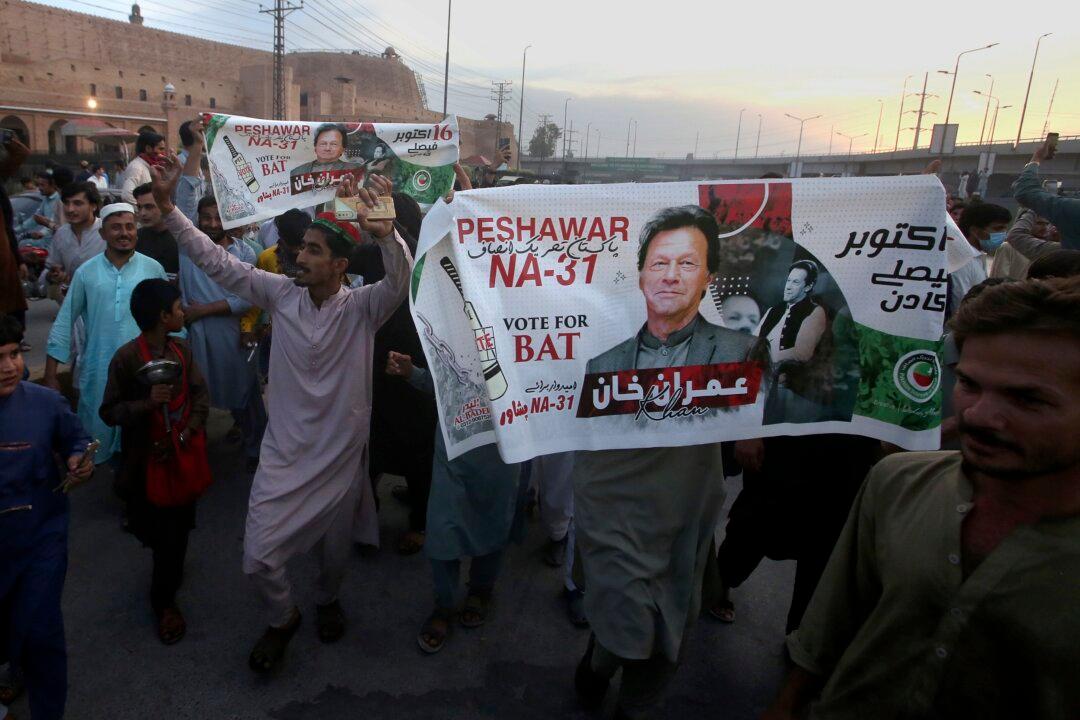Commentary
The Chinese Communist Party (CCP) is biding its time as Pakistan, already facing economic collapse, is now in the throes of widespread protests and political violence.

The Chinese Communist Party (CCP) is biding its time as Pakistan, already facing economic collapse, is now in the throes of widespread protests and political violence.